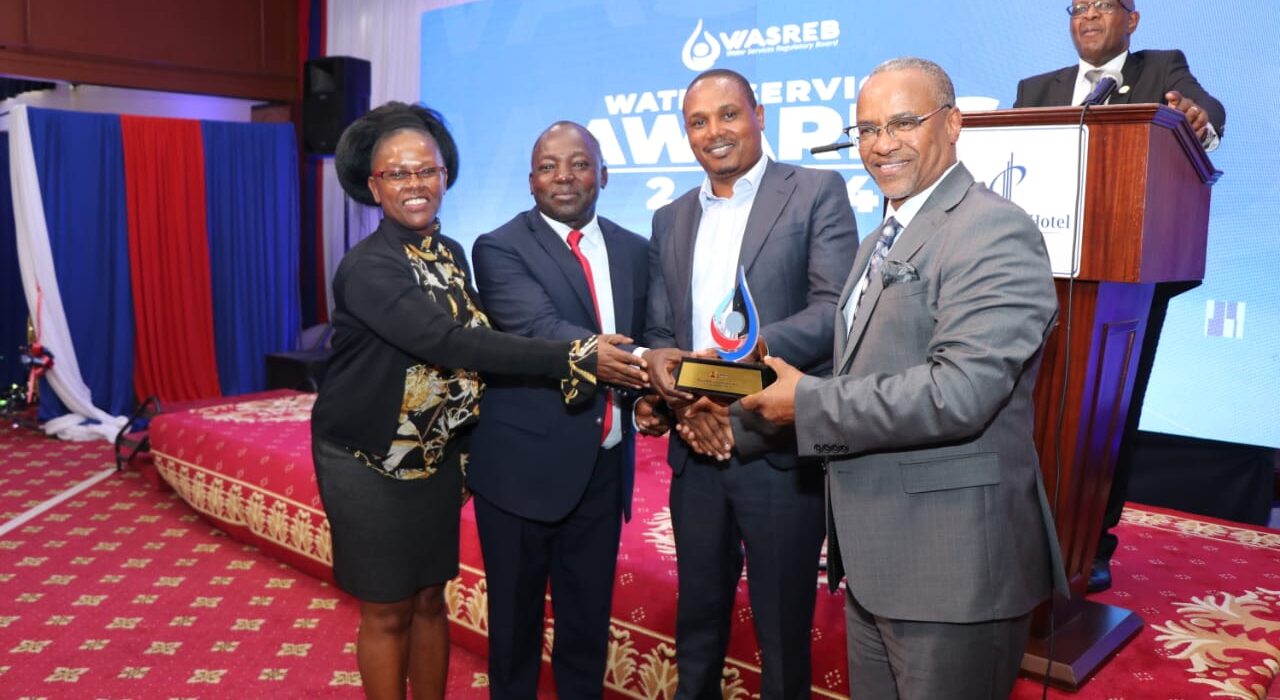The Water Services Regulatory Board (WASREB) plays a pivotal role in ensuring Kenyans have access to safe, affordable, and reliable water services. Established under Section 70 (1) of the Water Act 2016, WASREB’s primary objective is to protect consumers’ rights while safeguarding the interests of other stakeholders in the water sector.
This article delves into the extensive functions of WASREB, its importance in the water sector, and how it impacts the lives of Kenyans.
What is WASREB?
The Water Services Regulatory Board (WASREB) is a state corporation mandated to regulate water services provision across Kenya. It was initially established under the Water Act 2002, which was repealed and replaced by the Water Act 2016 to reflect the devolved governance framework introduced by the Constitution of Kenya 2010.
Vision and Mission of WASREB
- Vision: To ensure universal access to safe, reliable, and affordable water services in Kenya.
- Mission: To regulate water services provision in a manner that protects consumer rights and promotes sustainable water service delivery.
Key Functions of WASREB
The Water Act 2016 outlines the core functions of WASREB, ensuring that water services are provided efficiently and equitably across the country.
1. Setting National Standards
WASREB determines and prescribes national standards for water services provision and asset development for water service providers (WSPs). This ensures uniformity and adherence to quality benchmarks in the water sector.
2. Regulating Water and Sewerage Tariffs
WASREB evaluates and recommends tariffs for water and sewerage services proposed by county water service providers. It ensures that these tariffs align with consumer protection standards, balancing affordability with sustainability.
3. Licensing and Accreditation of WSPs
The board sets licensing conditions, accredits water service providers, and monitors compliance. This helps in maintaining accountability and ensuring high standards of service delivery.
4. Enforcing License Conditions
WASREB monitors licensees, enforces compliance with license conditions, and penalizes violations to uphold sector integrity.
5. Developing Governance Models
The board develops model memoranda and articles of association for use by water companies applying for licenses. This promotes good governance and operational efficiency among water service providers.
6. Monitoring Facility Standards
WASREB ensures compliance with standards in the design, construction, operation, and maintenance of water and sewerage facilities by water service providers and water works development agencies.
7. Advising the Government
WASREB advises the Cabinet Secretary responsible for water on:
- Financial support to water service providers.
- Policies to enhance water services.
8. Progress Monitoring
The board monitors the implementation of the National Water Strategy, identifying gaps and making appropriate recommendations.
9. Maintaining a National Database
WASREB maintains a comprehensive database on water services, providing stakeholders and the public with reliable information on the sector.
10. Consumer Complaints Mechanism
To ensure customer satisfaction, WASREB establishes mechanisms for handling complaints related to water service quality and delivery.
11. Consumer Groups Facilitation
WASREB develops guidelines for forming consumer groups and facilitates their establishment to enhance community engagement in water services management.
12. Inspection of Water Works and Services
The board inspects water works and services to ensure they meet prescribed standards, safeguarding consumer interests.
13. Annual Reporting and Public Accountability
WASREB publishes annual reports on water supply, sewerage services, and sector performance, ensuring transparency and accountability.
14. Regulatory Framework Development
The board develops regulations on water services and asset management, covering business, investment, and financing plans to ensure efficient service delivery.
15. Advocating for Marginalized Areas
WASREB makes recommendations to the government on providing basic water services to marginalized areas, promoting equity in service provision.
Impact of WASREB’s Work on Kenyans
1. Improved Access to Safe Water
Through its regulatory role, WASREB has ensured the progressive realization of the right to water services as enshrined in the Constitution of Kenya 2010.
2. Consumer Protection
By regulating tariffs and establishing a complaint-handling mechanism, WASREB protects consumers from exploitation and ensures fair pricing.
3. Enhanced Service Delivery
WASREB’s enforcement of standards and monitoring activities has led to improved efficiency and quality in water service delivery.
4. Data-Driven Decision Making
The national database maintained by WASREB provides valuable insights into the water sector, informing policy decisions and investments.
Challenges Facing WASREB
- Funding Constraints: Limited financial resources hinder WASREB’s capacity to fully execute its mandate.
- Climate Change Impacts: Erratic weather patterns affect water availability, posing a challenge to regulation and service delivery.
- Rapid Urbanization: The increasing demand for water services in urban areas strains existing infrastructure and resources.
- County-Level Coordination: Devolution has brought governance closer to the people, but it has also introduced coordination challenges between national and county governments.
Future of WASREB in Kenya
WASREB’s role will remain critical as Kenya works towards achieving Vision 2030 and the Sustainable Development Goals (SDGs), particularly SDG 6 (Clean Water and Sanitation). By addressing challenges and leveraging technology, WASREB can enhance its regulatory efficiency and ensure equitable access to water services for all Kenyans.
WASREB Contacts
For inquiries or complaints, you can contact WASREB through:
- Location: 5th Floor, NHIF Building, Ngong Road, Nairobi
- Phone: 020 273 3561, 0709 482 000
- Email: info@wasreb.go.ke





